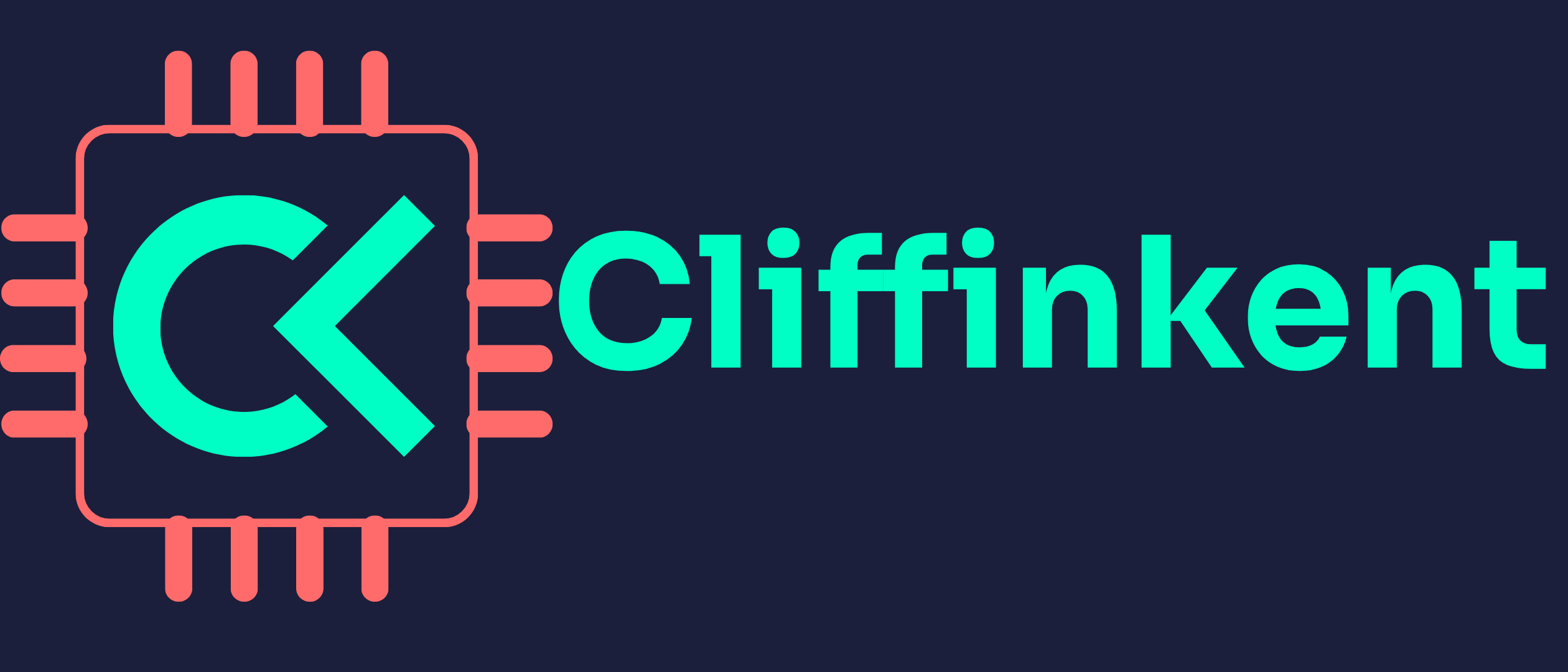Top 10 AI News (7–13 June 2025): From Lawsuits to Learning

Top 10 AI News (7–13 June 2025): From Lawsuits to Learning
Cut through the noise with the week’s biggest AI stories. Each short note explains what happened and why it matters to everyday users and small‑business owners.
1 — UK Delays New AI Law, Plans Broader Regulation Next Year
What happened
The King’s Speech was postponed after the May election. As a result, ministers shelved the slimmer AI Safety Bill that had been due this summer. Technology Secretary Peter Kyle now promises one sweeping AI Act in the next parliamentary session. It will cover model testing, copyright, biometrics and more. Consequently, no AI‑specific rules will arrive before late 2025. Until then, the UK will rely on existing consumer‑ and data‑protection law.
Why it matters
Start‑ups and SMEs get breathing space this year—no fresh compliance hoops. Nevertheless, broader rules are coming. Therefore, keep an eye on training‑data transparency and mandatory safety checks.
Source:The Guardian – “UK ministers delay AI regulation amid plans for more ‘comprehensive’ bill”
2 — All Civil Servants in England and Wales to Get AI Training
What happened
Through the “One Big Thing” programme, every civil servant—about 400 000 people—will take a short, mandatory course on prompt‑writing, data‑checking and ethical AI. A pilot using an in‑house chatbot called Humphrey cut a three‑week policy brief to two hours. Full rollout starts in September and will be refreshed each year.
Why it matters
When government calls AI literacy basic office hygiene, organisations should listen. Moreover, there is still time to gain a productivity edge before AI‑savvy competitors raise the bar.
Source: The Guardian – “All civil servants in England and Wales to get AI training”
3 — Apple’s WWDC: AI Takes a Back Seat to Other Upgrades
What happened
WWDC 25 unveiled a shimmering “Liquid Glass” look in iOS 19 and macOS 16. AI appeared in three practical additions:
- instant voice translation inside FaceTime and Messages,
- a Workout Buddy that generates a personal audio coach on‑device, and
- an API that lets developers run small language models entirely on iPhone.
Apple also stressed that user data stays local unless you opt into iCloud sync.
Why it matters
Apple users gain quiet AI convenience without surrendering extra data. Meanwhile, indie developers can tap on‑device models to add clever features while keeping performance snappy.
Source: The Guardian – “AI takes backseat as Apple unveils software revamp and new apps”

4 — OpenAI Supercharges ChatGPT with “Projects 2.0”
What happened
On 12 June, OpenAI launched Projects 2.0. Key upgrades include:
- Deep Research—multistep web searches,
- Voice‑to‑Prompt—hands‑free dictation,
- Persistent Memory—facts recalled across sessions, and
- a mobile interface that mirrors desktop.
Together, these transform ChatGPT from one‑off chatbot to long‑term project hub.
Why it matters
Students, freelancers and SME owners can now keep brand guidelines, market PDFs and chat history in one place. Consequently, there is less re‑explaining and more doing.
Source: Tom’s Guide – “ChatGPT Projects just got a big upgrade — here’s what’s new”
5 — Meta Bets $15 Billion on “Super‑Intelligent” AI
What happened
Meta will pour $15 billion into data‑labelling giant Scale AI for a 49 % stake, says The Information. Mark Zuckerberg wants Scale’s pipelines to speed research into models that could outperform humans at most tasks.
Why it matters
Big cash tends to trickle down. Therefore, expect faster releases of Meta’s Llama models and smarter ad‑tools for Facebook Shops. Super‑intelligence is still speculative, yet better data and quicker iteration feel close.
Source: Reuters – “Meta to pay nearly $15 billion for Scale AI stake, The Information reports”
6 — Disney and Universal Sue Midjourney Over Copyright
What happened
Hollywood giants claim Midjourney is a “bottomless pit of plagiarism,” capable of near‑perfect images of Darth Vader, Elsa and more. They allege the model was trained on millions of copyrighted frames and now profits from remixing them. The studios want an injunction plus damages.
Why it matters
If the court rules that training on copyrighted images—and allowing look‑alike outputs—is infringement, prompt filters will tighten. As a result, marketers may see fewer creative shortcuts but also fewer legal risks.

7 — “AI Is Stealing Scripts,” Warns British Film Institute
What happened
A BFI report says gen‑text firms ingested about 130 000 UK screenplays—often scraped from online libraries—without permission. Veterans fear automated scriptwriting could kill entry‑level jobs and future royalties. The institute calls for opt‑in licensing and a new watchdog.
Why it matters
Beyond Hollywood IP, everyday creators—from indie filmmakers to Wattpad authors—could lose control over their words. Meanwhile, stricter licensing could raise the cost of training new models, slowing small‑AI innovation.
Source: The Guardian – “AI plundering scripts poses ‘direct threat’ to UK screen sector, says BFI”
8 — AI Restores Old Paintings in Hours, Not Years
What happened
MIT researchers scan damaged oil paintings, predict missing pigment with a diffusion model, and print the fix on an ultra‑thin film. A 1470s altarpiece, once needing 200+ hours of manual work, was restored in half a day.
Why it matters
Mid‑size museums can now afford treatments once reserved for big names. In addition, the method could save archive photos or comic books without destructive retouching. Here, AI revives culture instead of threatening it.
Source: The Guardian – “Researchers create AI‑based tool that restores age‑damaged artworks in hours”

9 — Every Student at Ohio State to Get AI Education
What happened
Ohio State’s “AI Fluency” programme makes AI literacy core to all 200+ majors. First‑year students will learn to use, critique and supervise AI tools relevant to their field. Faculty also updated the honour code to cover responsible prompts.
Why it matters
Universities shape tomorrow’s workforce. Therefore, graduates who treat AI like today’s search engines will soon hit the job market. Level‑up now or risk feeling like a fax machine in a fibre‑optic world.
Source: The Guardian – “Ohio State University says all students will be required to train in AI”
10 — UK Banks Get Green Light to Test AI with Nvidia in “Sandbox”
What happened
The Financial Conduct Authority’s new “Digital Sandbox ++” lends Nvidia DGX Cloud compute to 20 banks, fintechs and reg‑tech firms. Proposed uses include real‑time fraud‑blocking and AI‑powered mortgage underwriting. Participants must share findings with the FCA.
Why it matters
Consumers could see fewer payment scams and faster loans. Meanwhile, fintech founders gain a rare chance to test cutting‑edge models on real data without breaking rules.
Source: FCA – “FCA allows firms to experiment with AI alongside NVIDIA”
That’s your AI week in a nutshell—fully fleshed‑out, numbered and sourced for CliffinKent.com readers. Tune in next Friday for another friendly roundup!
